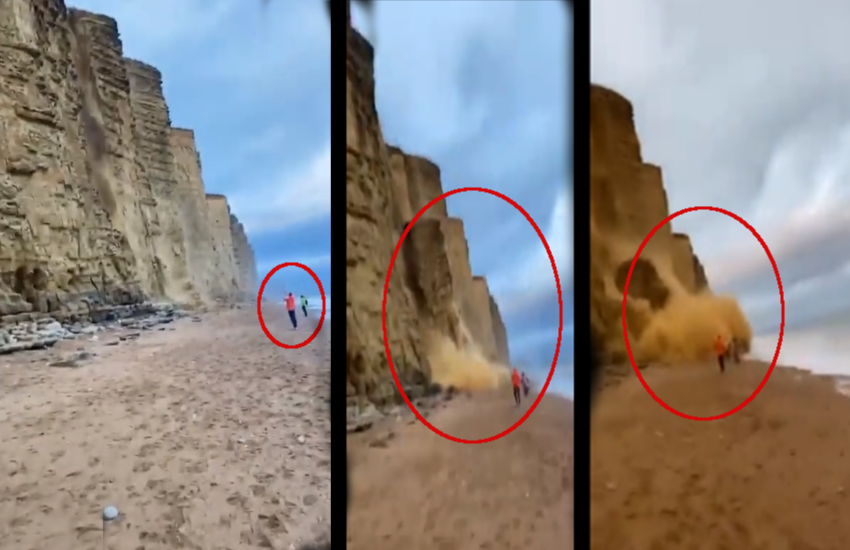
Skygazers took to high-rise buildings, tourist landmarks and beaches worldwide today to catch a glimpse of the closest "supermoon" to Earth in almost seven decades.
The unusually big and bright moon happens when the Earth's satellite rock is full at the same time as, or very near, perigee -- its closest point to our planet on its monthly ellipsis-shaped orbit.
At a distance of 356,509 kilometres (221,524 miles), this is the closest it has been to Earth since 1948, creating what NASA described as "an extra-supermoon".
The phenomenon was visible first in Asia, sending astronomy enthusiasts and photographers flocking to the best viewing spots, hoping the chronic pollution that blights many of the region's cities would not spoil the fun.
Sydney's eastern Bronte suburb became an unexpected magnet as thousands of people armed with picnic mats and cameras packed its small beach after a Facebook invite went viral.
Loud cheers went up among the crowd as the moon made brief appearances between heavy, grey clouds before disappearing.
"It's really nice," Aidan Millar-Powell told AFP of the festive community atmosphere at the beach. "People don't usually come together like this in Sydney for a natural phenomenon."
Tourists, office workers and couples crowded the Hong Kong waterfront as the supersised moon rose over the skyscrapers of the financial hub, while in the Chinese capital Beijing the moon climbed spectacularly over the city's skyline.
The supermoon was visible across much of India although residents of New Delhi, the world's most polluted capital, struggled to see it clearly through the toxic smog that has been shrouding the city in recent weeks.
In Thailand, astrologers were variously predicting the supermoon would bring disaster or great fortune.
The supermoon means a stronger high tide, something that gets surfers giddy with excitement, not only at the prospect of riding bigger waves, but doing so at night.
Astronomers say it can be hard to notice that the moon appears brighter than usual. Once it is high in the sky, it can also be hard to tell it is larger.
To get the best view, Pascal Descamps of the Paris Observatory advised choosing somewhere with a well-known landmark in the foreground for comparison.
Supermoons are actually quite common -- there is one every 14 months on average.
"But some supermoons are more super than others," said Descamps.
--AFP/PTI







![BJP's Kapil Mishra recreates Shankar Mahadevan’s ‘Breathless’ song to highlight Delhi pollution [WATCH] BJP's Kapil Mishra recreates Shankar Mahadevan’s ‘Breathless’ song to highlight Delhi pollution [WATCH]](https://images.catchnews.com/upload/2022/11/03/kapil-mishra_240884_300x172.png)

![Anupam Kher shares pictures of his toned body on 67th birthday [MUST SEE] Anupam Kher shares pictures of his toned body on 67th birthday [MUST SEE]](https://images.catchnews.com/upload/2022/03/07/Anupam_kher_231145_300x172.jpg)






